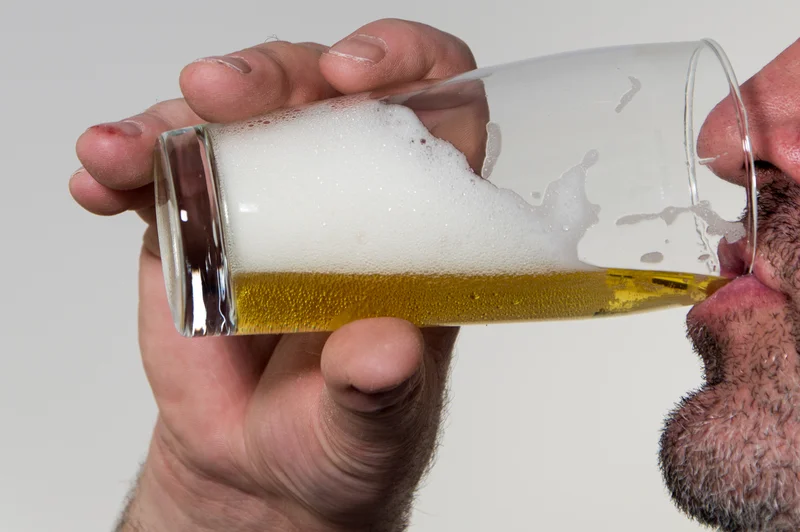
They may be able to connect you to healthcare services that help people address chronic issues in ways that are safe. Rather than try to address each individual one, a helpful strategy may be to develop healthy ways of dealing with stress in general. These practices help you stay present in the moment, observe cravings without judgment, and recognize triggers without automatically responding to them. Maybe you, then, find yourself thinking about the “good times,” downplaying the consequences, or heroin addiction even imagining how you could use just once and be fine.
Creating Your Personal Relapse Prevention Plan
- This awareness gives you the tools to take control before the craving becomes too strong.
- At United Recovery Project, our holistic and evidence-based approach addresses the root causes of addiction triggers.
- Many long-term relapses begin with this subtle shift from respectful caution about addiction’s power to a false sense of immunity from relapse risk.
- Warren is a Licensed Master Social Worker, who specializes in substance abuse and mental health treatment.
A relapse prevention plan is essential for recognizing warning signs and ensuring sobriety. With the guidance of experienced professionals, these plans offer strategies for behavioral change. At Northpoint Seattle, we understand that addiction triggers can be challenging, especially when they catch you off guard.

Types Of Triggers For Relapse Prevention
Instead, it can be an opportunity to examine what lifestyle changes, coping skills, and adjustments may be needed to prevent relapse in the future. Therefore, a key aspect of recovery is identifying potential triggers and risk factors and avoiding them as much as possible. This may vary from person to person and be influenced by things such as extent and length of use.
Seeking support: therapy, support groups, and aftercare programs

In this phase, an individual may not be actively thinking about returning to substance use, but they are https://ecosoberhouse.com/ emotionally vulnerable and not fully engaged in their recovery process. Emotional relapse occurs when a person’s emotional state begins to deteriorate, and they are unable or unwilling to address negative emotions such as anger, stress, sadness, or anxiety. Stress plays a significant role in addiction recovery, often acting as a catalyst for cravings and potential relapse.
- In our treatment centers, clients go through addiction counseling that teaches them how to identify and cope with their potential triggers.
- A person can find alternative routes to avoid high-risk places, such as places where they used to meet their dealers or bars where they used to binge drink.
- It will inevitably create difficulties in your recovery process to be exposed to these situations.
- SAMHSA’s National Helpline offers an accessible resource for individuals seeking support.
- For example, powdered sugar or artificial sweetener, which resembles powdered drugs, can be a powerful trigger for people who used cocaine, methamphetamines, or heroin.
Another goal of therapy at this stage is to help clients identify their denial. I find it helpful to encourage clients to compare their current behavior to behavior during past relapses and see if their self-care is worsening or improving. Journaling also helps track progress, understand emotional states, and address triggers before they lead to relapse. Graduates of our program may also consider entering a sober living residence upon completion of inpatient therapy relapse triggers list for additional support in recovery and relapse prevention.

